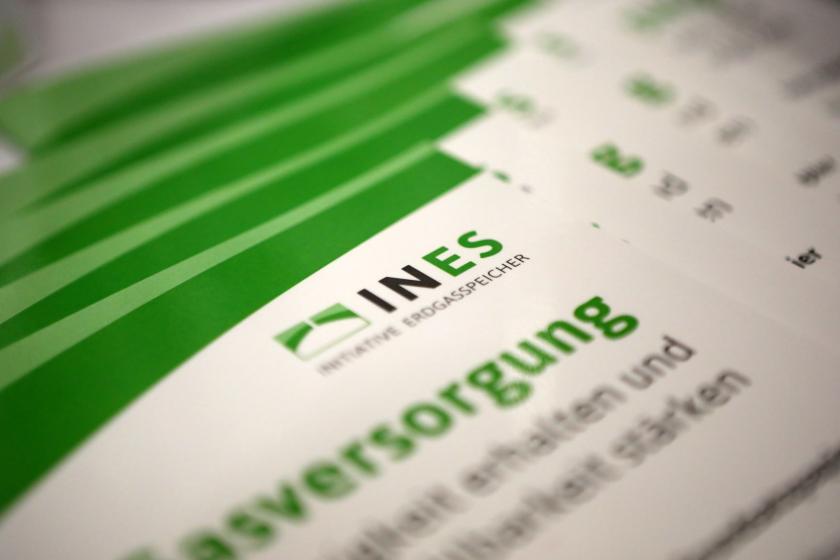
27.03.2017
In order to maintain a secure L-gas supply and to increase affordability, INES proposes the implementation of several political and regulatory measures. The proposals concern the monetary adjustment of conversion charges compared to the L-/H-gas price spread, the establishment of an L-gas safety reserve and a proportional allocation of additional costs to all exits to L- and H-gas customers. The basis for the recommendation is an INES policy paper with extensive analyzes of key figures, data and facts of the German L-gas supply.
The L-gas supply in Germany relies to a significant extent on Dutch L-gas imports. These imports are scheduled until the year 2029/2030. However, if the Netherlands – against the background of the earthquakes in the Groningen gas field – decide to limit L-gas production even more than before, an L-gas deficiency could arise in the European market. For the security of supply of the German market, it is essential that domestic gas traders and suppliers stick to their long-term supply contracts. This is where conversion fees (so-called “Konvertierungsentgelt”) start to take effect. Gas traders or suppliers could, for economic reasons, abandon their L-gas supply contracts and instead procure H-gas to supply their L-gas customers. INES therefore recommends that the conversion fee be maintained and adjusted at such a level that the commercial conversion via the Market Area Coordinator at all times exceeds the L-/H-gas price spread in the respective market areas.
"We are pleased that the Federal Network Agency has recognized the need for conversion charges. But we think that an ex-post fee would rather achieve the desired effect, "commented Sebastian Bleschke, INES managing director, on the publication of the policy paper.
In addition, the power and flexibility requirements in high load periods create very high demands on the availability of the L-gas flexibility sources. Even without technical failures of L-gas infrastructures, at peak load in 2016/2017, around 23 gigawatts of the total withdrawal rates of 33 gigawatts of the German L-gas storage facilities were indispensable in order to prevent supply interruptions for L-Gas customers. Only 10 gigawatts L-gas storage withdrawal capacity remaining is available to absorb a technical failure of import infrastructures or at least minimize supply disruptions. "This redundancy should be guaranteed in periods of high demand," Sebastian Bleschke explains. INES therefore recommends setting up an L-gas safety reserve in L-gas storage facilities to cover these periods.
Due to the need to convert L-gas markets to H-gas and the generally higher L-gas procurement costs, the L-gas supply is more expensive compared to the H-gas supply. However, in order to avoid cost disadvantages for L-Gas customers vis-à-vis H-Gas customers, market area integration levies and conversion charges were introduced by regulatory authorities to redistribute costs. The desired social justice is not achieved, however, because levies and charges on certain amounts of gas are charged multiple times. In order to achieve fair social compensation, every quantity of gas consumed should only be charged once. The current implementation is a major market problem, especially for storage operators as it results in heavy distortions of competition. Ultimately, the current framework could lead to all end customers being exposed to increased costs.
"If competing storage facilities from abroad prevail, the German gas customer pays not only more expensive flexibility prices but also the reinforcement of the gas networks for connecting these sources of flexibility," Bleschke explains. "We recommend allocating the additional costs of the L-gas supply proportionally to all exits for L- and H-Gas customers. Thus, each kilowatt hour consumed would only be charged once with the levies and a fair redistribution would be ensured."